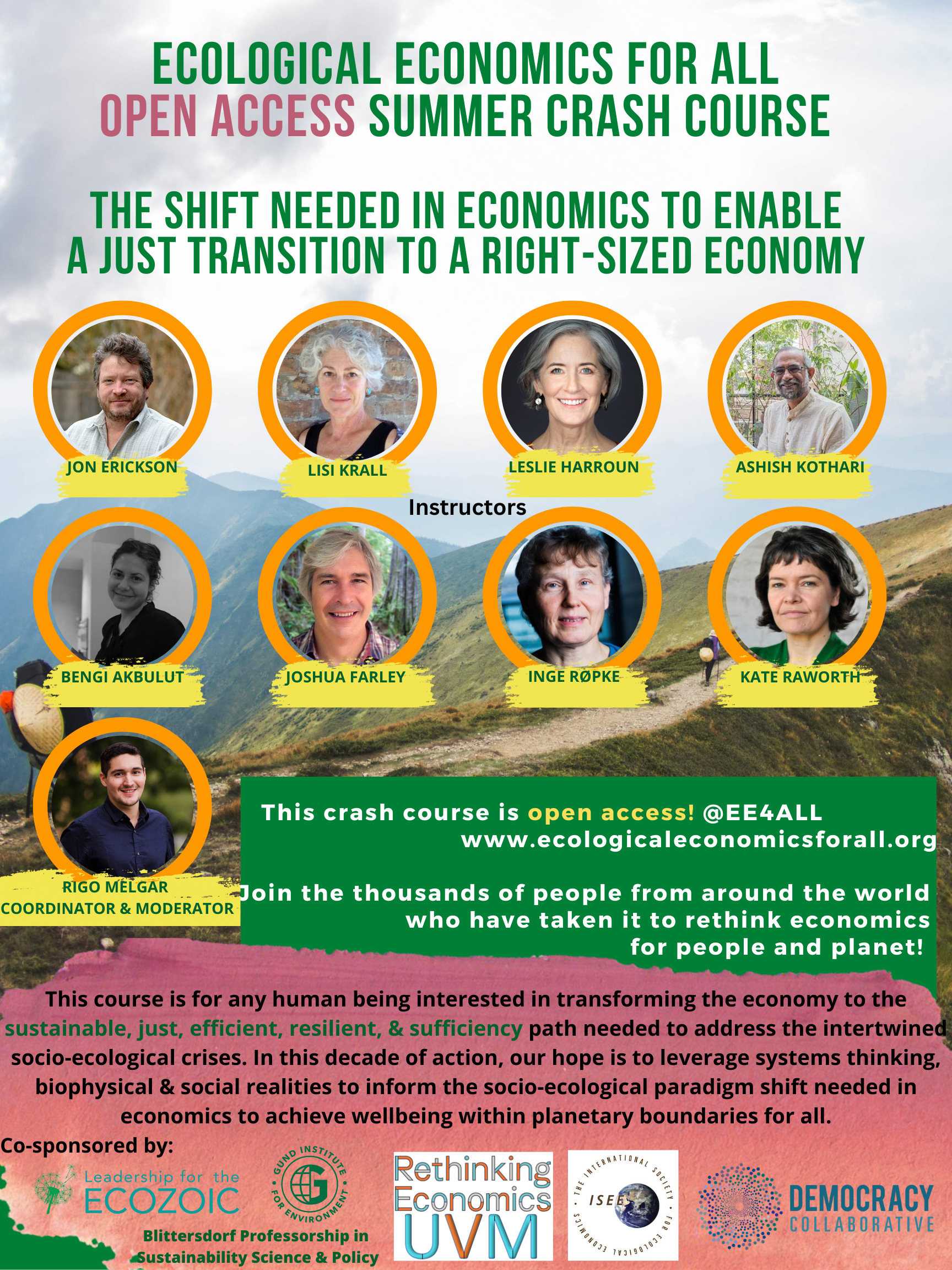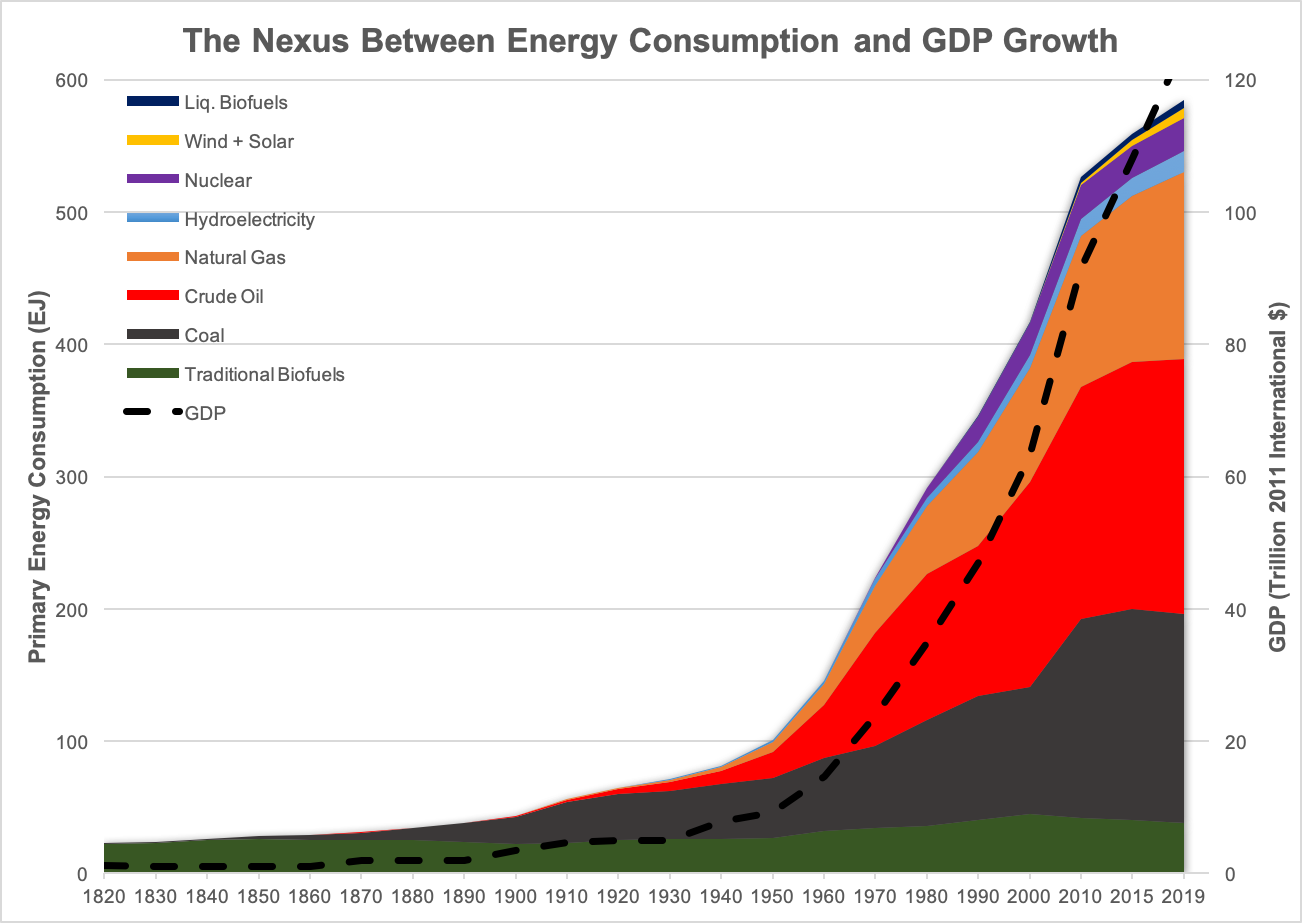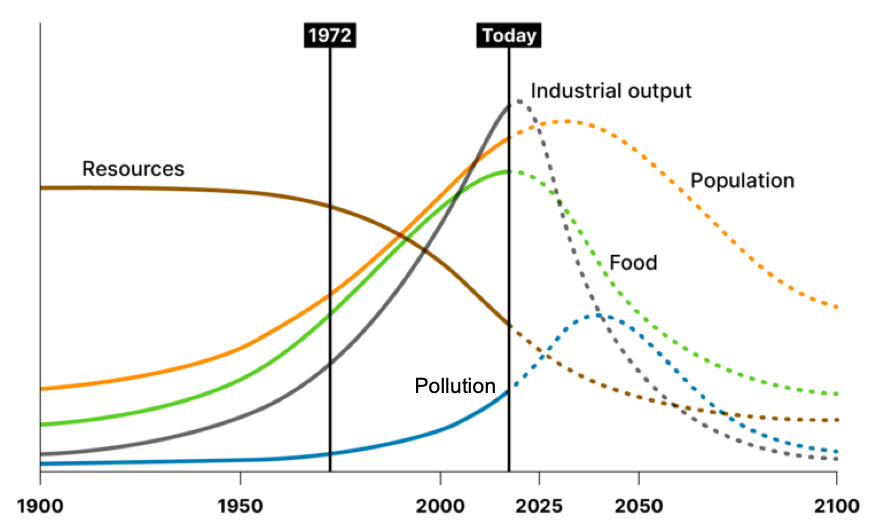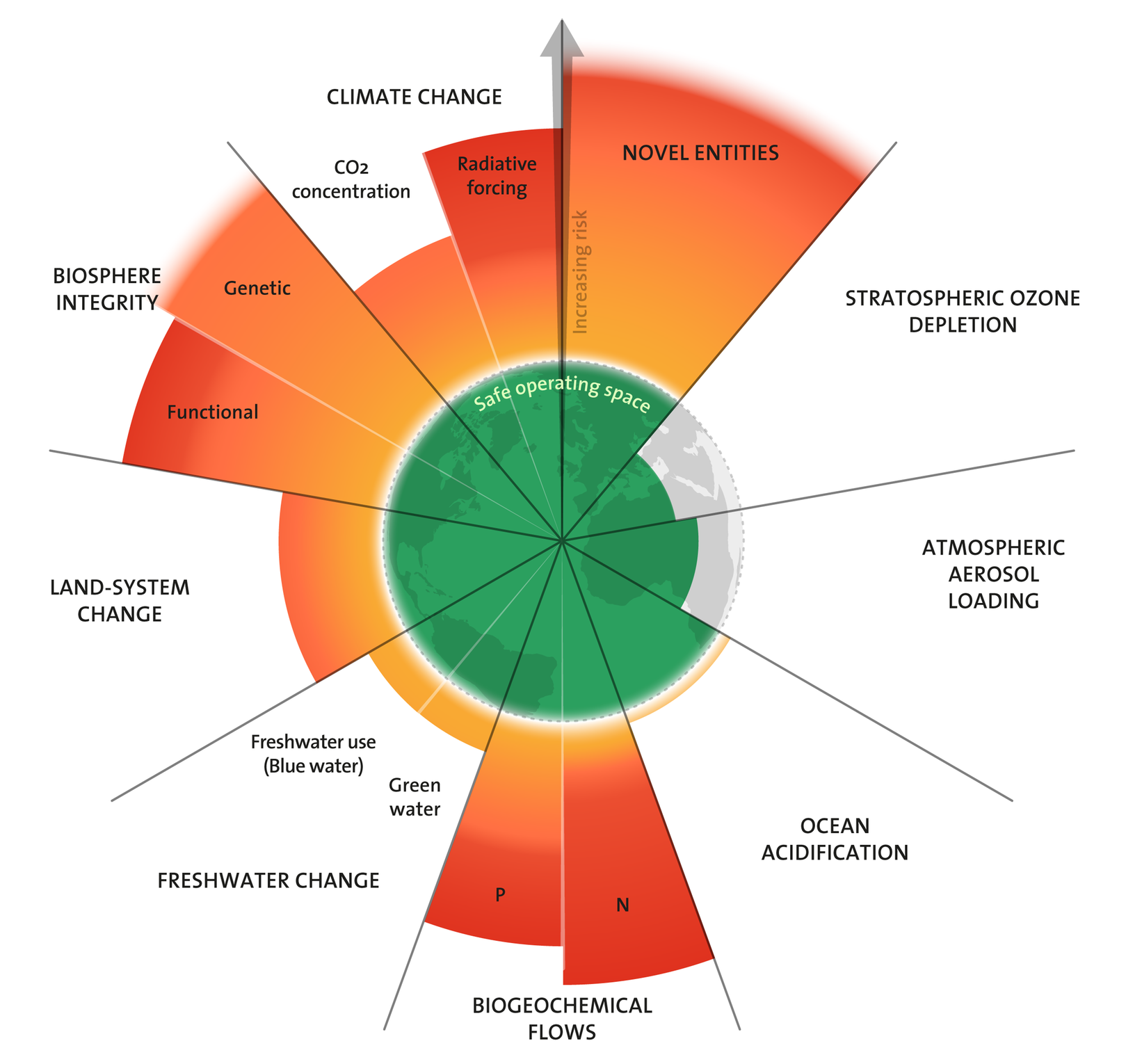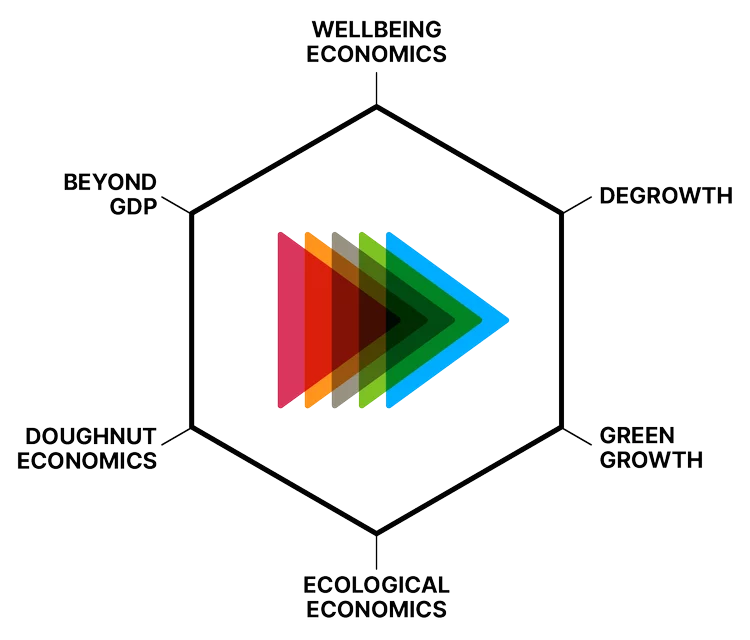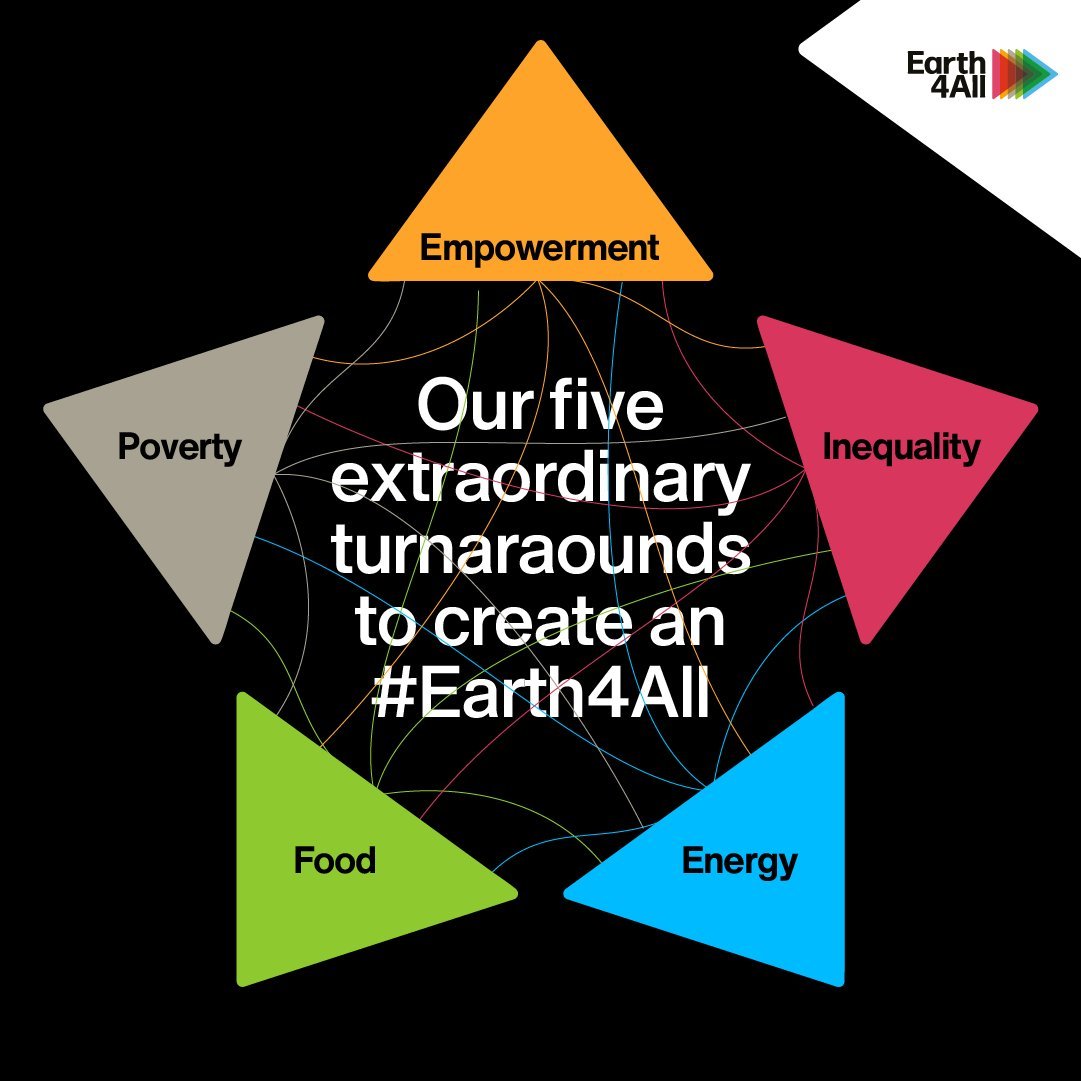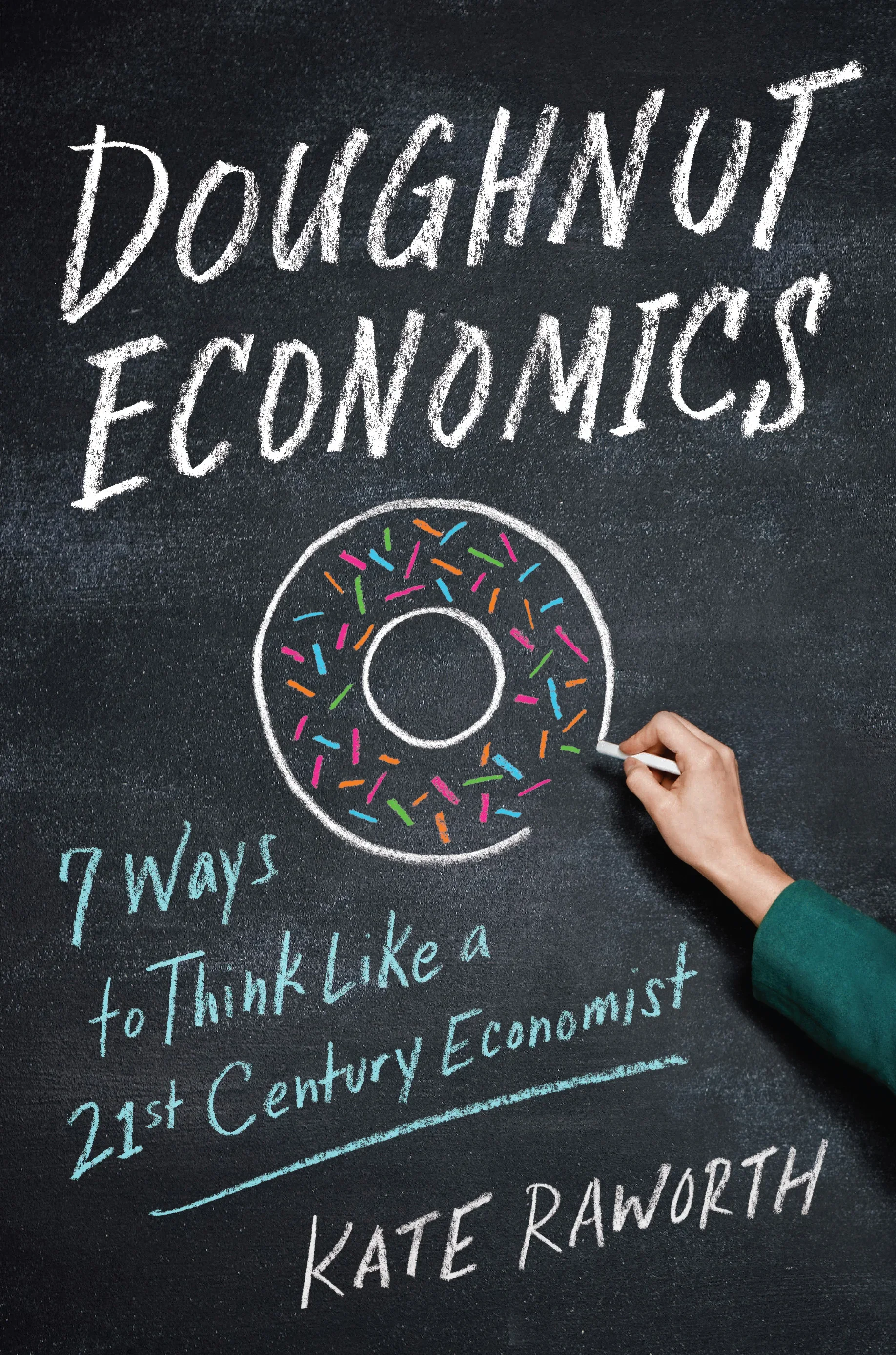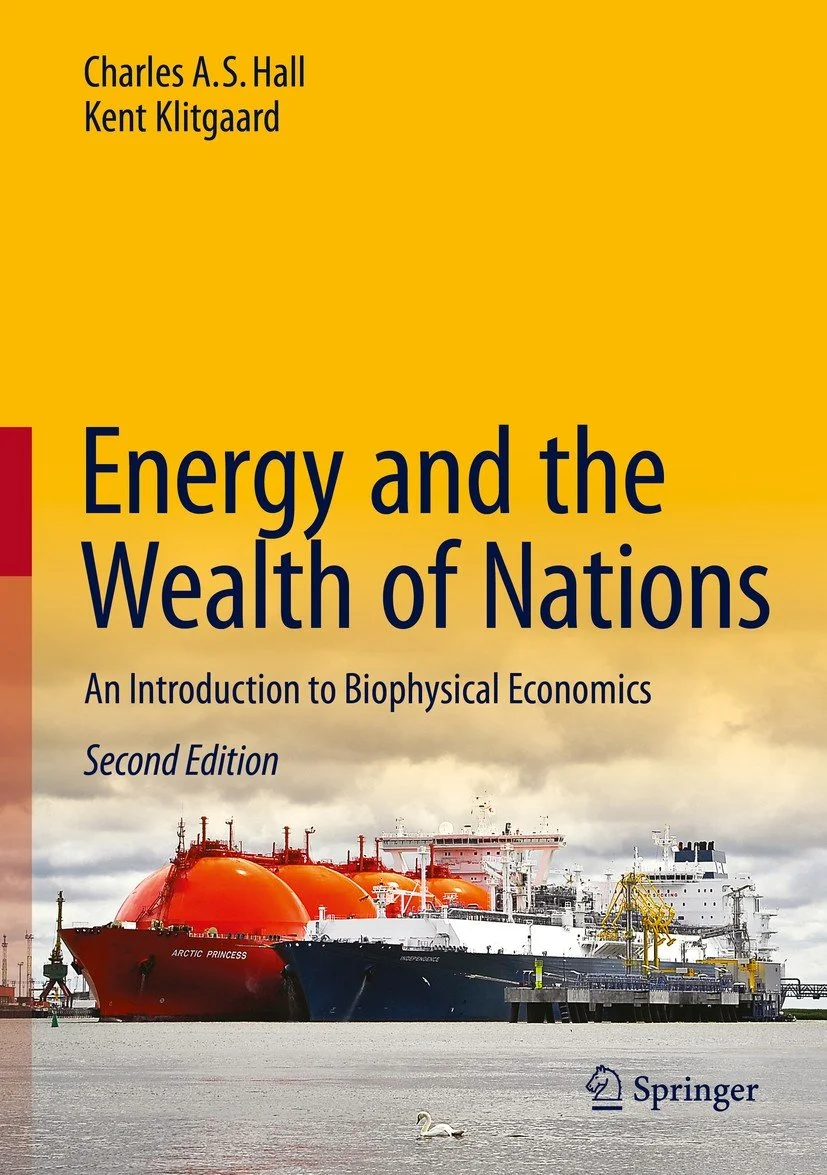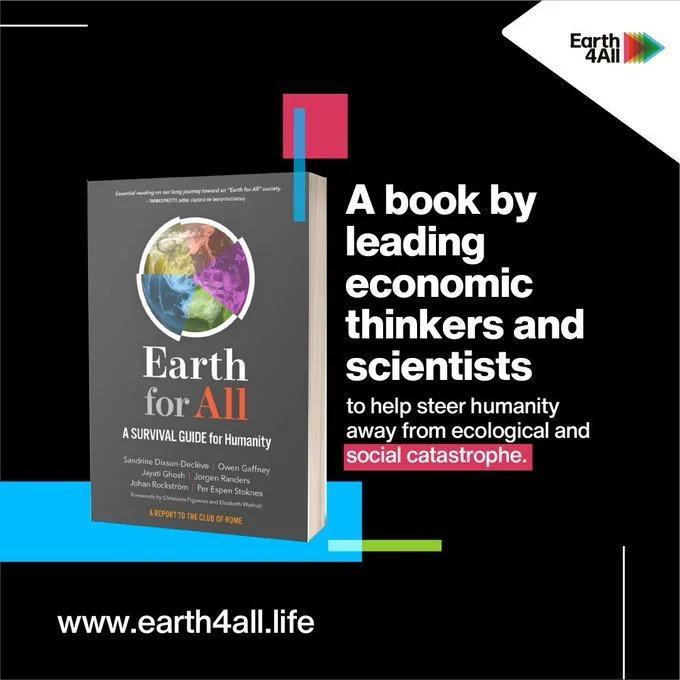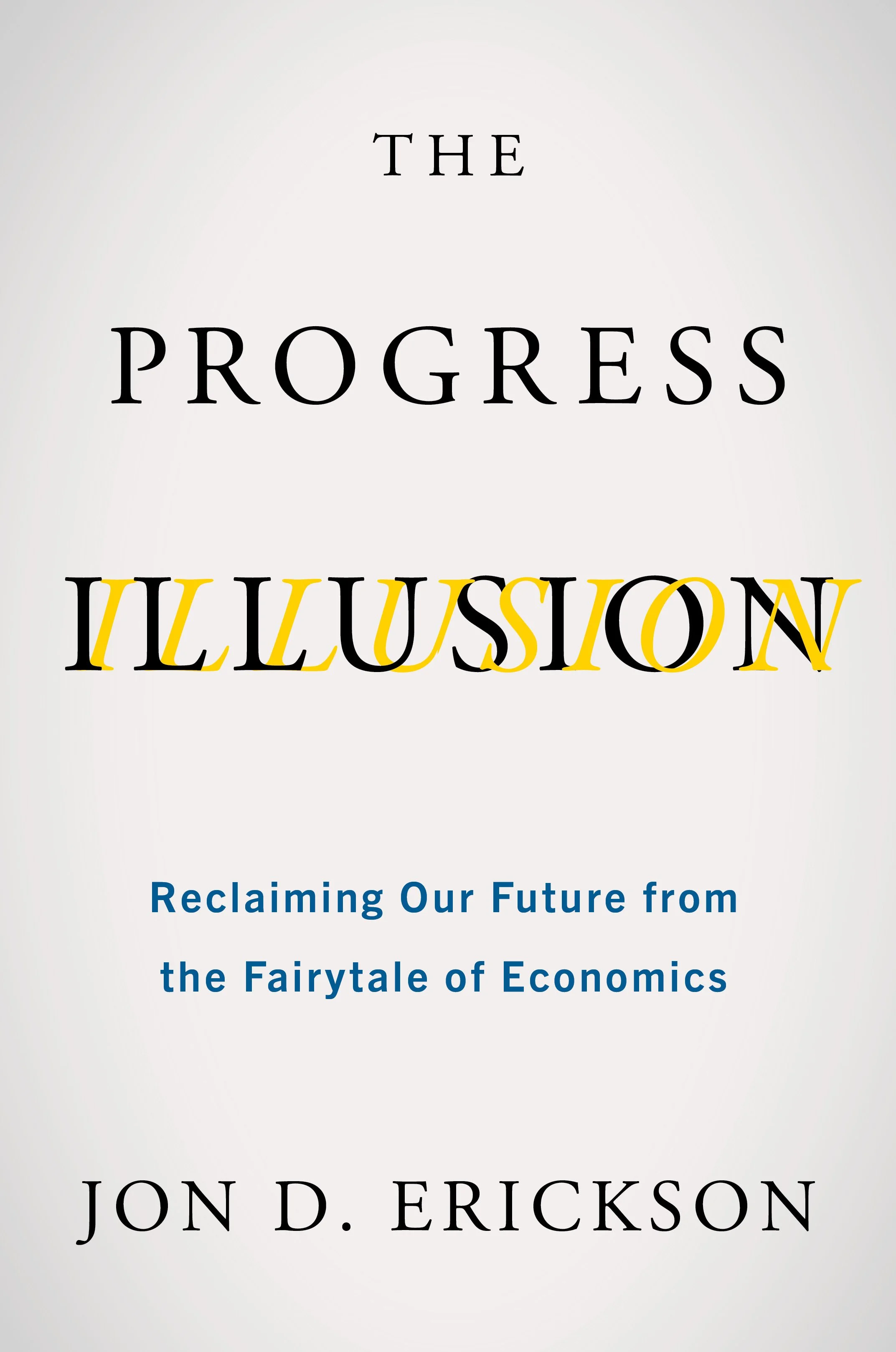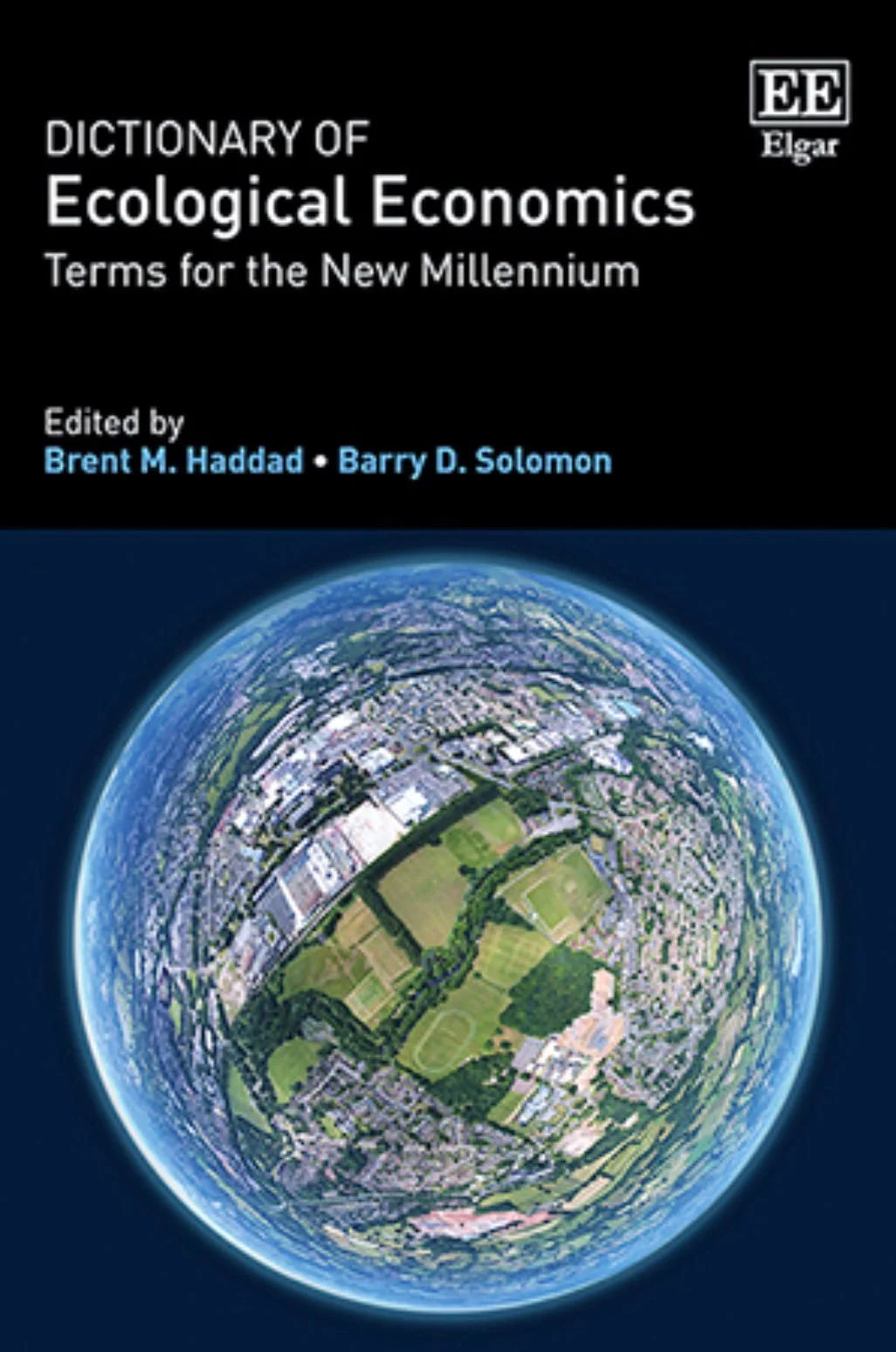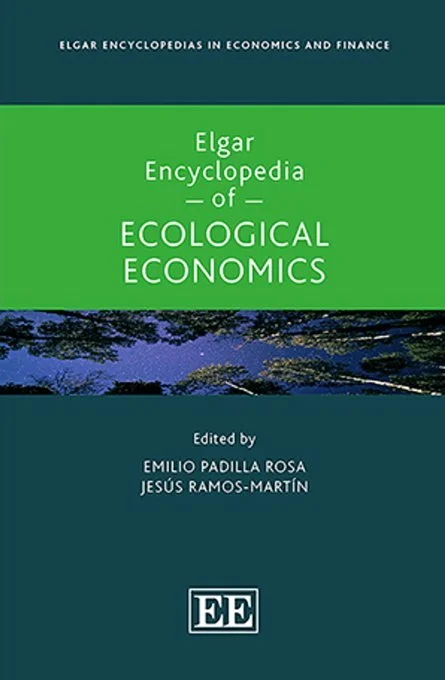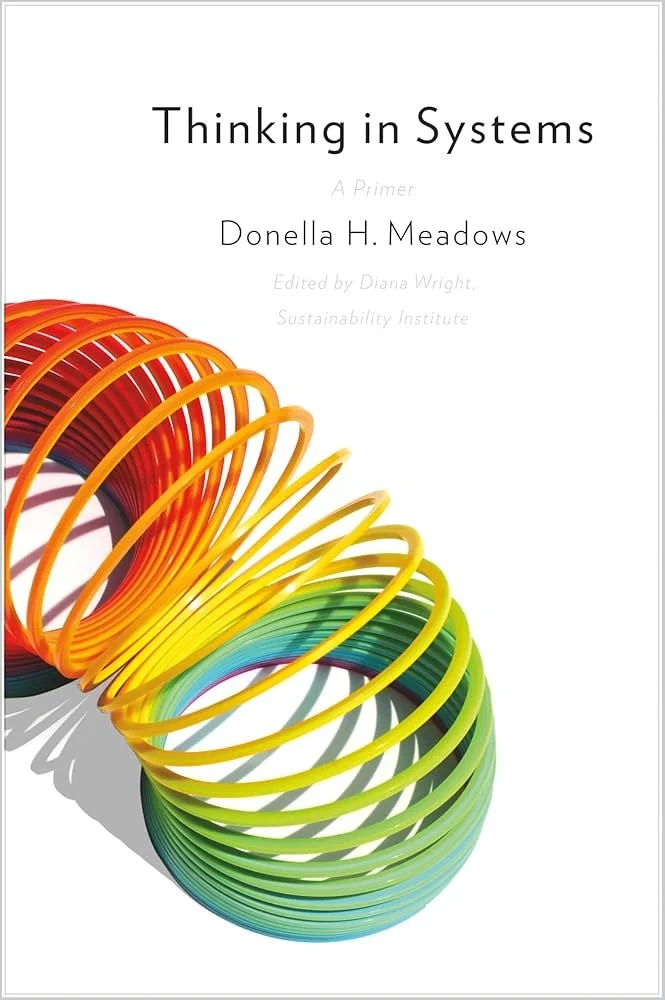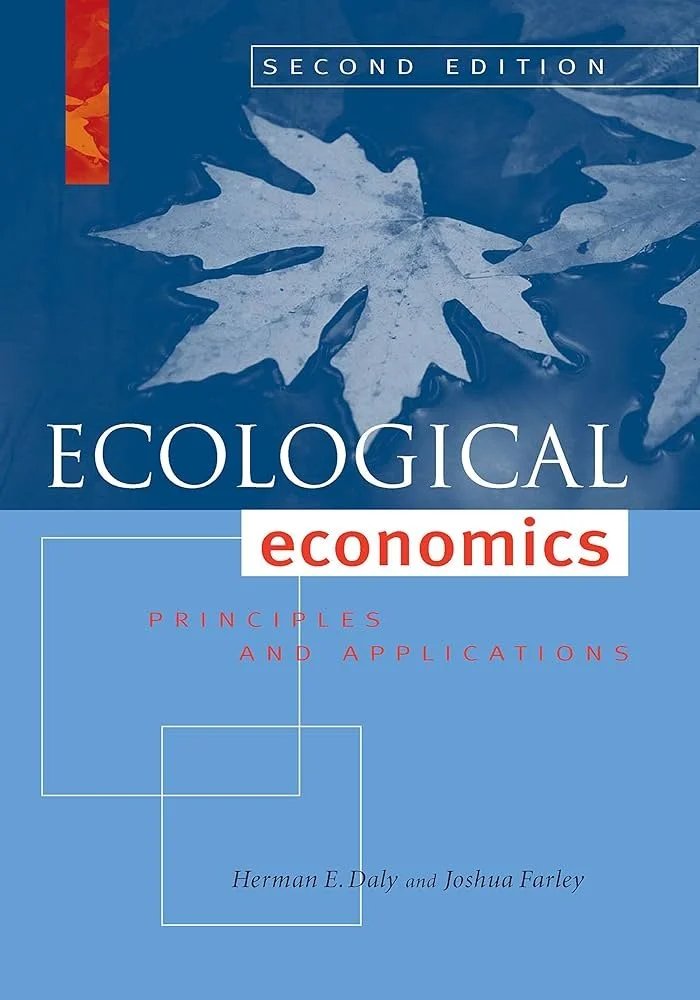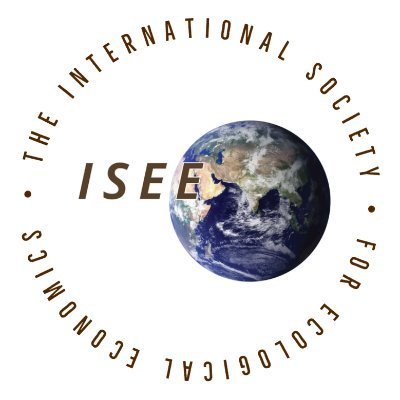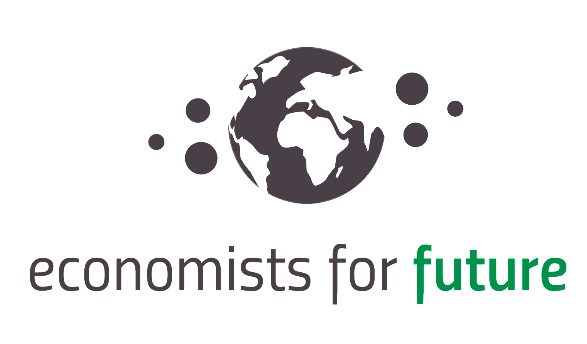
Transforming economics education to foster resilient & regenerative wellbeing economies within planetary boundaries from the ground up
What is Ecological Economics?
Ecological economics is a transdisciplinary field of economics dedicated to transcend disciplinary boundaries by bringing together and re-embedding the natural and social sciences in nature to understand and address the complex and intertwined economic, social, and ecological crises and opportunities of the 21st century. Ecology and economics share the same Greek root, oikos, meaning “house” or “household”, where ecology means the “study of the house” and economics means the "management of the house”. Ecological economics studies our planetary boundaries and aims to provide solutions to manage human impacts on them by fostering sustainable, just, efficient, resilient, regenerative and sufficient long-term post-growth wellbeing economies. Learn more.
Educating Global Citizens on 21st Century Economics
We all want wellbeing. We want economies that serve people and the planet and not the other way around.
In this decade of action, we believe in promoting wellbeing economies by making real, as opposed to greenwashed, sustainability information and knowledge readily accessible to anyone who wants it for the spread and adoption of transformational ideas to rethink economics in a way that is real-world focused, critical, pluralistic/diversified, democratized, and grounded in systems thinking.
Humans are a planetary species capable of transforming the Earth for better or worse with their socio-economic systems. In fact, planetary boundaries scientist Johan Rockström recently stated that we are facing a planetary crisis that requires upgrading our economic system to steer humanity away from social and ecological catastrophe.
The ecological and social crises that humanity faces are intertwined. This is why it is essential to foster genuine collaboration to systematically confront the environmental, social, and economic sustainability challenges and opportunities of the 21st Century.
Our hope is that anyone who wants to learn, share, and apply this information can become comfortable with ecological economic principles rooted in systems thinking and the biophysical and social foundations in which economies are embedded. We believe these principles can inform a biophysically grounded and socially just sustainability transition to a right-sized/post-growth economy that fosters the wellbeing of people and the regeneration of ecosystems from the local to the global levels.
We advocate for a socially and ecologically grounded paradigm shift from the Anthropocene to the Ecozoic in how we structure and develop our socio-economic systems to enable humanity to live in a mutually enhancing relationship among each other and with the rest of nature. Ultimately, the goal is to ensure sustainable prosperity and well-being for all.
We aim to do this work by putting into practice Donella Meadow’s Tools for the Transition to Sustainability:
Join our FREE virtual course to rethink Econ 101 for people and planet. All ages and countries welcome!
Join the more than 850 participants from around the world who registered for our first FREE EE4ALL virtual summer course in 2022 to learn about what are the pillars for a successful economic transformation that is sustainable, just efficient, resilient and based on sufficiency for humans and the rest of nature!
The Problem:
Economic growth depends on consuming finite and polluting fossil energy driving the climate crisis while leaving many behind
Since the 1950’s, there has been a Great Acceleration in economic growth and fossil energy consumption to meet society’s demand for goods and services, while leaving many behind in the global south facing inequality and the brunt of the climate crisis. This exponential growth rate is clearly unsustainable with scientific evidence showing that we are rapidly crossing our planetary boundaries and depleting our non-renewable stocks of resources. As Daly has repeatedly pointed out, we can’t have infinite growth on a finite planet so we we have to transform our economic system soon. Source: EE4All
The Great Acceleration:
Energy and Economic Growth Drive the Unsustainable Exponential Growth of Socio-Economic and Earth System Trends of the Great Acceleration
The Limits to Growth 50 Years Later
More Relevant than Ever
In this decade of action, we need to shift economic thinking to address depletion of fossil fuels and other finite resources as much as to ameliorate climate change and inequalities.
Source: Adapted from Earth4All based on Limits to Growth (Meadows et al., 1972).
Humans have Transgressed 7 of the 9 Planetary Boundaries of The Safe Operating Space for Humanity
The deterioration of the 9 planetary boundaries is being driven by our global fossil fueled socio-economic system. Recently, we have seen how global warming is accelerating across the Earth, which is influenced and influences the other 8 planetary boundaries. To maintain planetary stability we must confront the climate crisis and arrest the deterioration of the other 8 boundaries by transforming our economic goals of growth for the sake growth to goals centered around providing sufficient wellbeing for all within planetary boundaries.
Source: Stockholm Resilience Centre most updated figure from 2025.
What economic and financial theories are needed as we transform towards a right-sized economy within planetary boundaries?
Source: Energy and the Wealth of Nations by Hall and Klitgaard (2018)
Contributing to Earth4All, 50 year Update to Limits to Growth
Ecological Economics For All aims at contributing to the transformation of our socio-economic systems described in the new report by the Club of Rome Earth For All: A Surviving Guide for Humanity (Dixson-Declève et al., 2022), and achieving the energy-economic transformation needed to achieve the 5 turnarounds for an Earth4All!
The ecological economic goals of sustainable scale, just distribution, efficient allocation, resilience, and sufficiency are grounded in the reality that socio-economic systems are embedded in the finite biosphere of the Earth. This understanding guides what could be the desirable sustainable scale of the local, regional, national and global economy that informs what resource base is available to justly distribute it among present and future generations by efficiently allocating purchasing power in a way that prioritizes resilience and sufficiency for human wellbeing and the rest of nature.
These goals can help us achieve the 5 turnarounds in energy, food, poverty, inequality and empowerment needed for an Earth4All within planetary boundaries!
Ecological Economics for an Earth4All
Check out our 2023 Earth Day Webinar: From Limits to Growth to An Earth4All
“The scarcest resource is not oil, metals, clean air, capital, labour, or technology. It is our willingness to listen to each other and learn from each other and to seek the truth rather than seek to be right. Because we have not done that, another resource has become critically scarce: time.”
— Donella Meadows. Seeing the Population Issue Whole. The Economist, 1993.
The Human Superorganism Explored
“The Human Superorganism”
by the Great Simplification Animated Series
Recent Books that Inform EE4ALL


